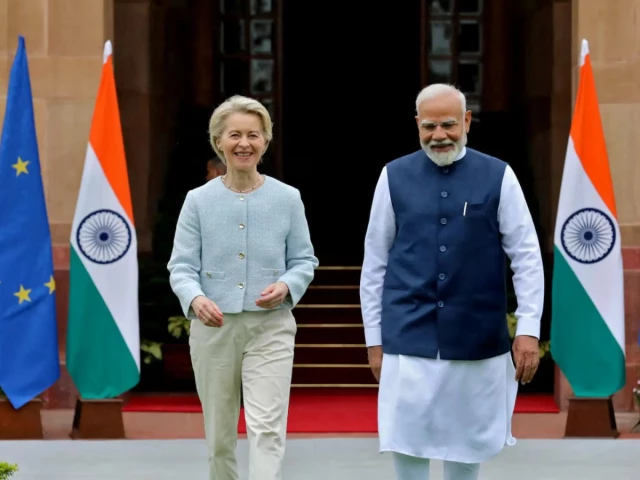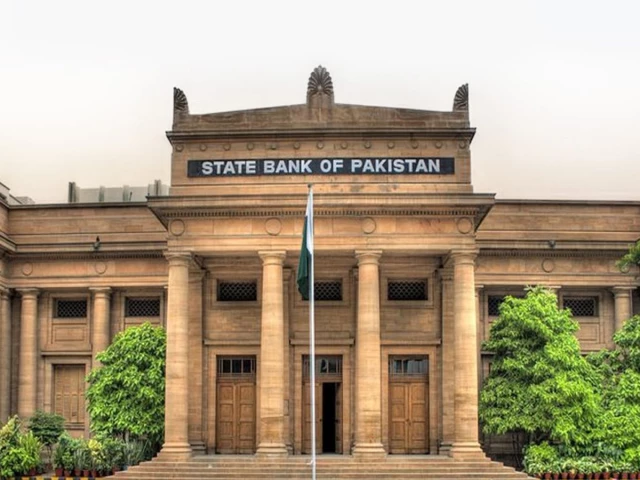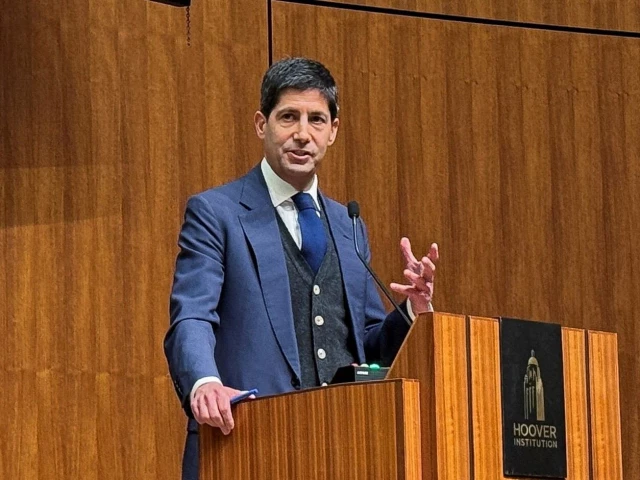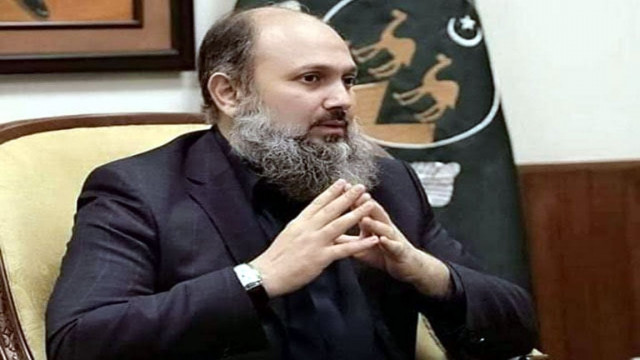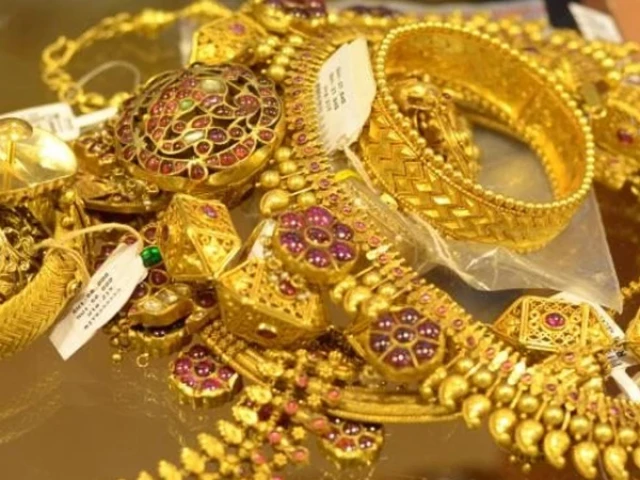Business
Starbucks reports same-store sales growth for the first time in nearly two years

The American multinational chain Starbucks Coffee store and logo seen displayed.
Sopa Images | Lightrocket | Getty Images
Starbucks on Wednesday reported that its quarterly same-store sales returned to growth for the first time in nearly two years, showing that its turnaround strategy is winning over lapsed customers.
The coffee chain’s global same-store sales rose 1%, lifted by international markets. Its U.S. same-store sales were flat for the quarter but turned positive in September. Wall Street was projecting global same-store sales declines of 0.3% and a 0.9% decrease in U.S. same-store sales.
“We’re a year into our ‘Back to Starbucks’ strategy, and it’s clear that our turnaround is taking hold,” CEO Brian Niccol said in a statement.
Domestic same-store sales turned positive in September, and the company has held onto that momentum through October, Niccol said on the company’s conference call. However, CFO Cathy Smith cautioned analysts against cheering too soon.
“Turnarounds are difficult to forecast, and while we have good reason to believe that our U.S. company-operated [same-store sales] should build through the year, we also know that recoveries are not always linear,” she said.
The company suspended its annual forecast a year ago, and it is not expecting to release a near- or long-term outlook until an investor day slated for late January.
Shares of Starbucks rose 2% in extended trading.
Here’s what the company reported for the quarter ended Sept. 28 compared with what Wall Street was expecting, based on a survey of analysts by LSEG:
- Earnings per share: 52 cents adjusted vs. 56 cents expected
- Revenue: $9.57 billion vs. $9.35 billion expected
The coffee giant reported fiscal fourth-quarter net income attributable to Starbucks of $133.1 million, or 12 cents per share, down from $909.3 million, or 80 cents per share, a year earlier.
Excluding restructuring costs, litigation settlements and other items, Starbucks earned 52 cents per share. During the quarter, the company closed 627 locations and laid off roughly 900 nonretail employees as part of a restructuring plan.
In addition to the restructuring plan, Starbucks has been investing heavily in labor, including adding assistant store managers to many North American cafes. The added labor costs weighed on its operating margin this quarter.
Net sales rose 5% to $9.57 billion.
To revive U.S. sales, Starbucks has focused on improving the in-store experience for customers and cutting service times to under four minutes per order. More than 80% of company-operated locations have an average service time of four minutes or less, even as the chain saw a rise in traffic after it launched its fall menu, according to Niccol.
The company’s marketing efforts have switched from promotions and limited-time items to highlighting its coffee and trendy innovation, like protein-packed cold foam.
The strategy has succeeded in winning back some U.S. customers. Smith said that the number of 90-day active Starbucks Rewards members grew 1% both quarter-over-quarter and year-over-year.
Outside Starbucks’ home market, same-store sales increased 3%, fueled by a 6% jump in traffic.
In China, the company’s second-largest market, same-store sales rose 2%, boosted by a 9% climb in traffic. Under pressure in the country from home-grown rivals with cheaper beverages, Starbucks has lowered prices on many of its iced drinks to bring back customers.
The company is also exploring selling a stake in its China business after years of sales declines in the competitive market. Niccol previously told CNBC’s Jim Cramer that the company values the China business at more than $10 billion.
“On the strategic front, we have had very strong interest from multiple high quality partners, all of whom see significant value in the Starbucks brand and team,” Niccol said on Wednesday. “We expect to retain a meaningful stake in Starbucks China and remain confident in the long term growth potential in the region.”
Business
Investors suffer a big blow, Bitcoin price suddenly drops – SUCH TV

After the drop in gold price, Bitcoin price also fell.
Bitcoin fell below $77,000 in the global market, Bitcoin price fell by more than 13% in a week.
Bitcoin’s highest price in 6 months fell below $126,000, Bitcoin price has dropped by more than $49,000.
Business
Post-Budget Session: Bulls Push Sensex Up By Over 900 Points, Nifty Reclaims 25,000
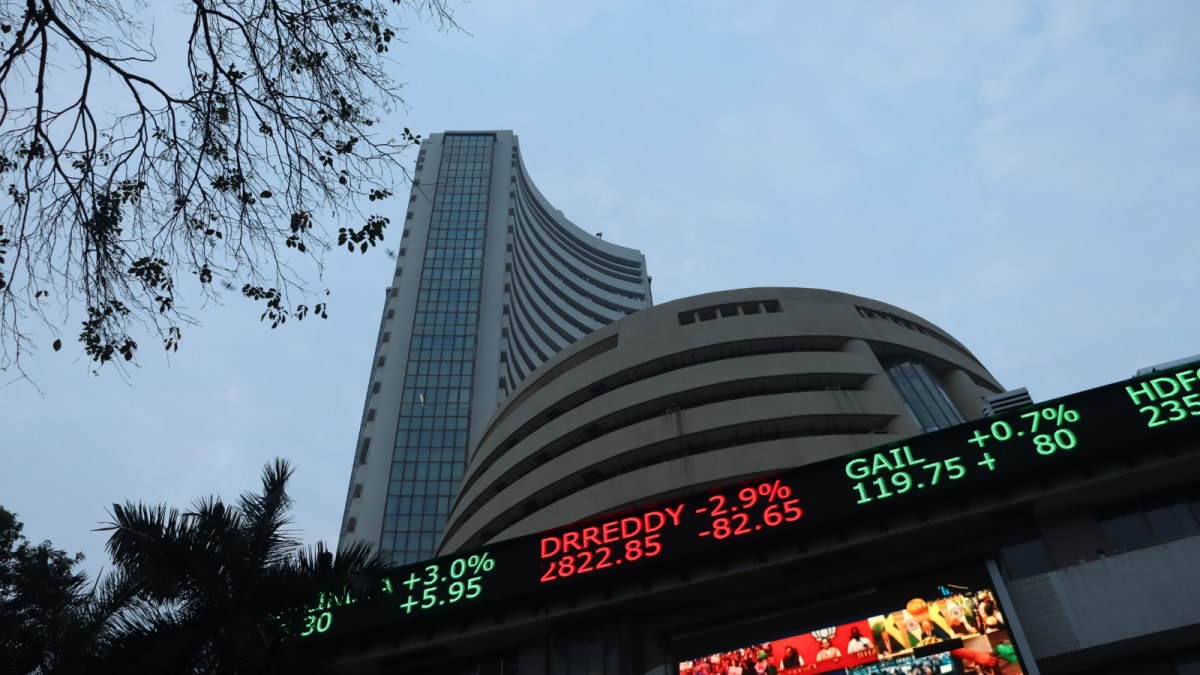
Last Updated:
The BSE Sensex is trading higher by 371 points, or 0.47%, at 81,090.24, while the NSE Nifty rises by 70 points to trade above 24,850 at 24,889.25.

Stock Market Today.
Market Updates Today: A day after the market crash following the Budget’s provision to hike Securities Transaction Tax (STT), the domestic equity market on Monday saw heightened volatility. After opening nearly flat, the NSE Nifty rose to the day’s high, then touched the day’s low before sharply recovering to trade at the day’s high of 25,093.
As of 3:16 pm, the BSE Sensex surged by 932 points, or up 1.13%, to 81,641.87 in the afternoon trade and the NSE Nifty rose by 267 points, or up 1.07%, to trade above 25,000 at 25,093.27. After opening nearly flat, the NSE Nifty rose to the day’s high, then touched the day’s low before sharply recovering to trade at the day’s high of 25,093.27.
Among the 30 Sensex shares, 25 stocks were trading in the green. Among the top gainers were PowerGrid, Adani Ports, BEL, Reliance, Mahindra & Mahindra, Larsen & Toubro, and IndiGo, rising by up to 7.91%. The laggards were Axis Bank, Infosys, Titan, TCS, and Trent, falling by up to 1.97%.
After opening nearly flat, at around 9:30 am, the BSE Sensex jumped by 350 points to 81,112.03 in the opening trade, while the NSE Nifty rose 91 points to trade above the 24,900 level at 24,910.85. However, the benchmarks gave up all gains and declined to day’s low amid heavy volatility.
Aakash Shah, technical research analyst at Choice Equity Broking Private Ltd, said, “Near-term sentiment remains cautious despite some support from domestic technical indicators. The broader market direction will largely be influenced by global equity cues, crude oil price movements, and institutional fund flows.”
On Sunday, the Nifty saw an aggressive sell-off after the Budget 2026 announcement to hike STT, plunging nearly 870 points from 25,440 to an intraday low of 24,571, before staging a partial recovery to close at 24,825.
“A strong bearish candle was formed, with the index closing decisively below the 200-day EMA, indicating a deterioration in trend strength. Immediate resistance is placed at 24,950–25,000, while key support lies in the 24,650-24,700 zone. The RSI slipped to 31, reflecting oversold conditions, while India VIX surged 10.73% to 15.09, highlighting elevated market volatility,” Shah said.
On Sunday, February 1, foreign institutional investors (FIIs) sold equities worth Rs 588 crore, while domestic institutional investors (DIIs) also remained net sellers, offloading shares worth Rs 682 crore, adding to the pressure on the market.
V K Vijayakumar, chief investment strategist at Geojit Investments Ltd, said, “Yesterday’s market selloff resulting in 495 point crash in Nifty was a knee-jerk reaction to the sharp increase in STT on F&O trades. This was not a revenue-raising measure, but a decision to discourage retail traders from complex F&O trading, in which 92% of them were losing money. This decision is in the interest of retail investors. But this decision impacted the market sentiments, which were already impacted by the decision to make no changes in the LTCGs tax, which a section of the market was expecting rather unrealistically.”
It is important to understand that the Budget is a growth-oriented Budget with fiscal prudence. The 10% nominal GDP growth projected in the Budget is achievable and has the potential to deliver around 15% earnings growth in FY27. The market will soon start discounting this positive. But it is possible that FIIs may continue to sell impacting the market. Retail investors should keep their cool and remain invested and continue to invest systematically. A significant upturn in the market may take time; perhaps a retreat from AI trade globally. We don’t know when this will happen. But we know that an earnings rebound is imminent in response to this growth oriented Budget. That is a clear positive, he added.
February 02, 2026, 09:34 IST
Read More
Business
Gold prices fall sharply locally and internationally – SUCH TV

Gold prices have fallen significantly in both local and international markets, with 10 grams now priced at Rs18,433 and a tola at Rs21,500.
The price per tola fell below Rs22,000, reaching Rs21,500, while 10 grams dropped to Rs18,433.
Internationally, gold also saw a decline, with prices falling by 215 dollars to 4,676 dollars per ounce.
-

 Sports6 days ago
Sports6 days agoPSL 11: Local players’ category renewals unveiled ahead of auction
-

 Entertainment6 days ago
Entertainment6 days agoClaire Danes reveals how she reacted to pregnancy at 44
-

 Tech1 week ago
Tech1 week agoICE Asks Companies About ‘Ad Tech and Big Data’ Tools It Could Use in Investigations
-

 Business6 days ago
Business6 days agoBanking services disrupted as bank employees go on nationwide strike demanding five-day work week
-

 Fashion1 week ago
Fashion1 week agoSpain’s apparel imports up 7.10% in Jan-Oct as sourcing realigns
-

 Sports6 days ago
Sports6 days agoCollege football’s top 100 games of the 2025 season
-

 Politics1 week ago
Politics1 week agoFresh protests after man shot dead in Minneapolis operation
-

 Politics6 days ago
Politics6 days agoTrump vows to ‘de-escalate’ after Minneapolis shootings


